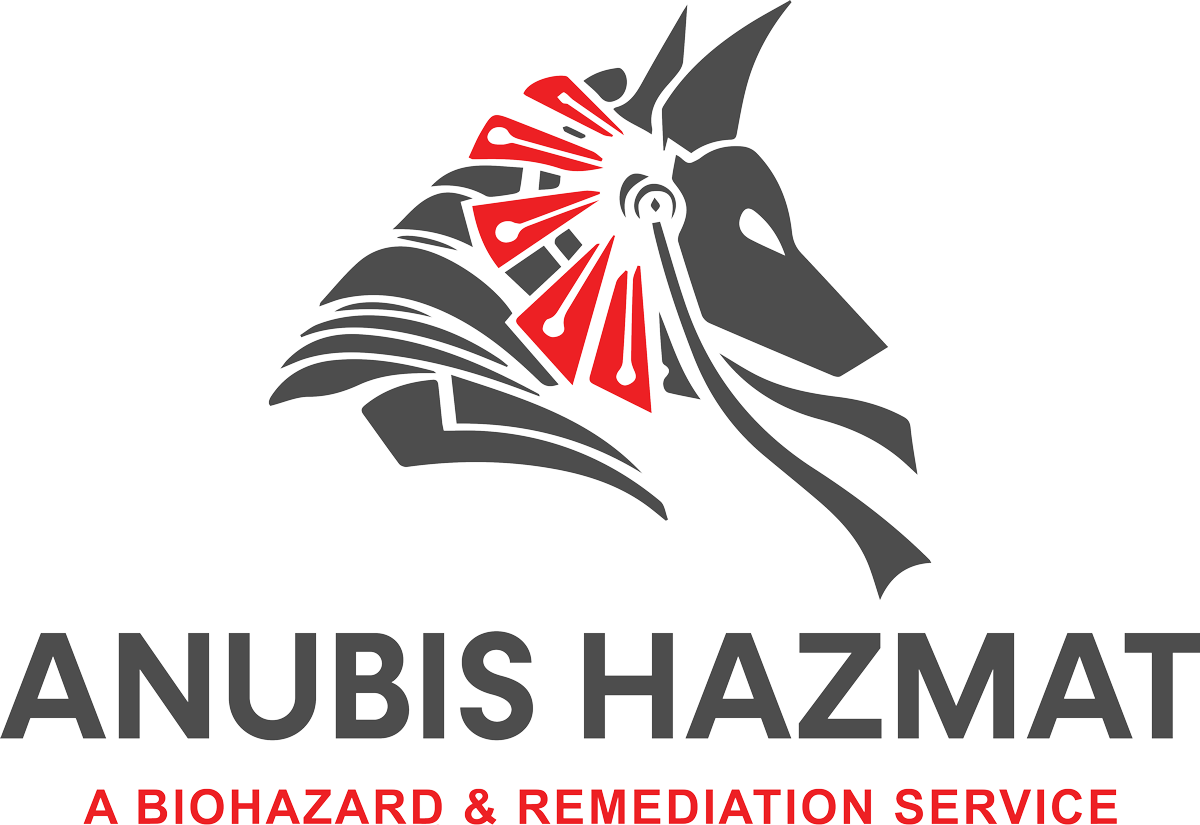A Closer Look at the Work of Crime Scene Cleaners
When you hear about crime scenes, the first thing that comes to mind is usually a gruesome image from a movie or TV show. But what you don’t often hear about is the important work done by crime scene cleaners. These professionals are responsible for crime scene cleanup and restoring a home or business to its pre-incident state.
In this blog post, we’ll take an in-depth look at seven things you may not have known about crime scene cleaners.
Their Work Is Highly Specialized
Crime scene cleaners are highly trained in dealing with biohazardous materials, such as blood and other bodily fluids. They also have specialized tools and equipment to help them do their job safely and effectively. Not only do they know how to clean up after a traumatic incident, but they also understand how to properly dispose of any hazardous material they encounter during their work.
Not All Crime Scene Cleaners Are Certified
Although some companies require their employees to be certified in biohazard remediation, others are not as stringent when it comes to hiring requirements. It’s important to do your research before hiring a crime scene cleaner and make sure they have the proper certifications and experience needed for the job.
They Have Extensive Knowledge of Infectious Diseases
Crime scene cleaners must be knowledgeable about different infectious diseases that can be spread through contact with bodily fluids or other biohazards found at crime scenes. This knowledge allows them to properly handle any potential dangers and protect themselves from harm while on the job.
Trauma Scene Cleanup Can Take Hours
Depending on the size of the area affected by trauma, cleanup can take anywhere from several hours to several days for one cleaner alone. Many companies will send multiple cleaners out to tackle larger jobs more efficiently so that homeowners can get back into their homes sooner rather than later after experiencing a traumatic event like a murder or suicide in their home.
They Use Special Disinfectants
Crime scene cleaners use special disinfectants that are designed specifically for biohazardous materials such as blood and other bodily fluids so that all traces of these materials are removed from surfaces before being decontaminated with bleach solutions or other powerful cleaning products designed for this purpose. This ensures that no harmful bacteria remain behind once cleaning is complete, which helps protect people from potential illnesses caused by exposure to these materials in the future.
They Wear Protective Gear
Since they’re dealing with potentially dangerous substances during their work, crime scene cleaners must wear protective gear such as gloves, masks, goggles, and Tyvek suits while on the job site so that they don’t come into contact with any potentially infectious substances while completing their task of cleaning up after a traumatic incident has occurred in someone’s home or business property.
They Provide Emotional Support Too
While many people think of crime scene cleaners as just being there to physically clean up after trauma has occurred, they also provide emotional support too when needed . They understand what homeowners go through following traumatic events like homicides or suicides, and many will go out of their way to offer comfort during those times of need.
Wrap Up!
The work done by crime scene cleaners goes far beyond just physical cleanup; it's an invaluable service that helps restore peace of mind for homeowners who have experienced tragedy in their lives.
Knowing more about what crime scene cleaners do can give homeowners peace of mind should something happen unexpectedly in their own home. With this knowledge, homeowners can feel reassured that if tragedy does strike, there's someone available who can help restore order and safety back into their lives quickly and effectively.


